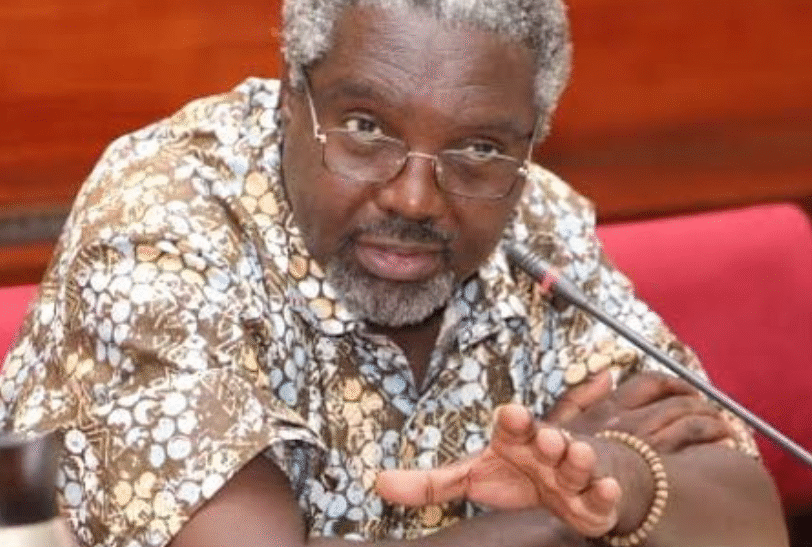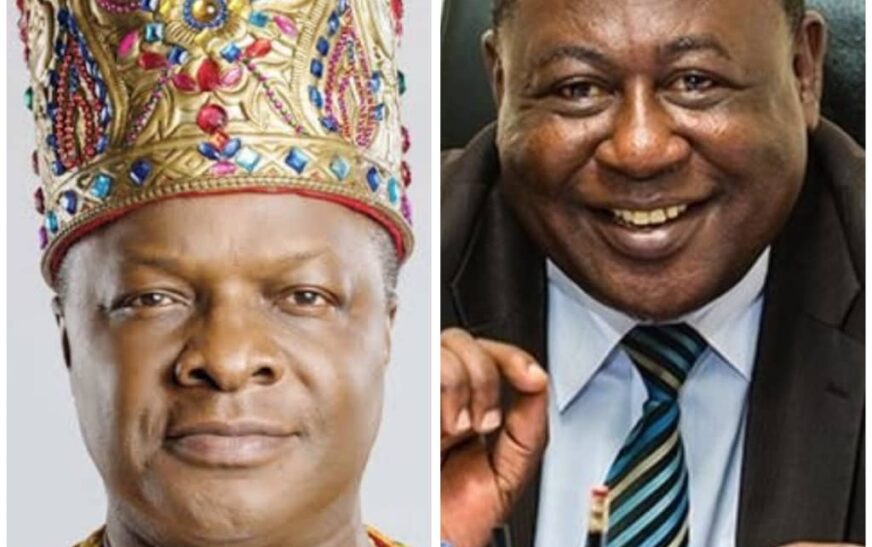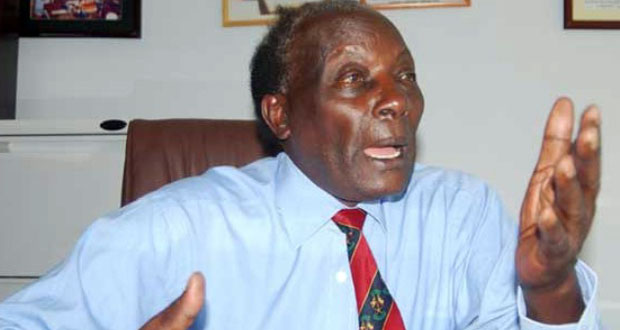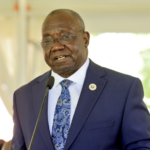The High Court in Kampala has blocked Jimmy James Michael Akena from contesting for a third term as President of the Uganda Peoples Congress (UPC), ruling that his nomination for the 2025–2030 term is unconstitutional.
In a decisive judgment delivered on Friday, Justice Bernard Namanya declared Akena’s nomination “illegal, void, and of no legal consequence,” citing a clear breach of the UPC constitution, which limits party presidents to two terms.
Akena, who has led the party since 2015, was seeking to extend his leadership into a third consecutive term. However, the court found that he had already served two full five-year terms — from 2015 to 2020 and 2020 to 2025 — and thus could not lawfully run again.
Justice Namanya issued three orders: nullifying Akena’s nomination, quashing the UPC’s decision to approve it, and imposing an injunction to bar any further attempts to nominate him for the upcoming term.
“As of today, Hon. Jimmy James Michael Akena has served two terms as party president of UPC,” the judge stated. “His fresh nomination is in violation of the party’s constitutional term limits.”
The case was brought by Dennis Adim Enap, a UPC member and presidential aspirant, who challenged Akena’s nomination under Article 14.1(3) of the party’s constitution. The provision restricts leaders to two terms, allowing for a third only if the incumbent wins a national presidential election during their second term — a condition Akena has not fulfilled.
The court also relied on a 2020 Court of Appeal ruling, which held that although Akena’s initial election in 2015 was quashed, he had effectively served the full term under an interim court order. Lady Justice Irene Mulyagonja had previously observed that Akena “continues to execute the duties of the President of the party, albeit resulting from an illegal process.”
In a gesture aimed at fostering reconciliation, Justice Namanya ruled that each party bear its own legal costs, citing Article 126(2)(d) of the Ugandan Constitution, which emphasizes alternative dispute resolution mechanisms.
The ruling is a major blow to Akena — son of UPC founder and former president Dr. Apollo Milton Obote — who has held the party’s top seat for nearly a decade. It also throws the UPC’s internal election roadmap into uncertainty, as the party must now identify a new flagbearer for the 2025–2030 cycle.
Political analysts say the decision could signal a turning point for the UPC, long criticized for centralized leadership and internal wrangles.
Akena has not yet publicly responded to the ruling.





















